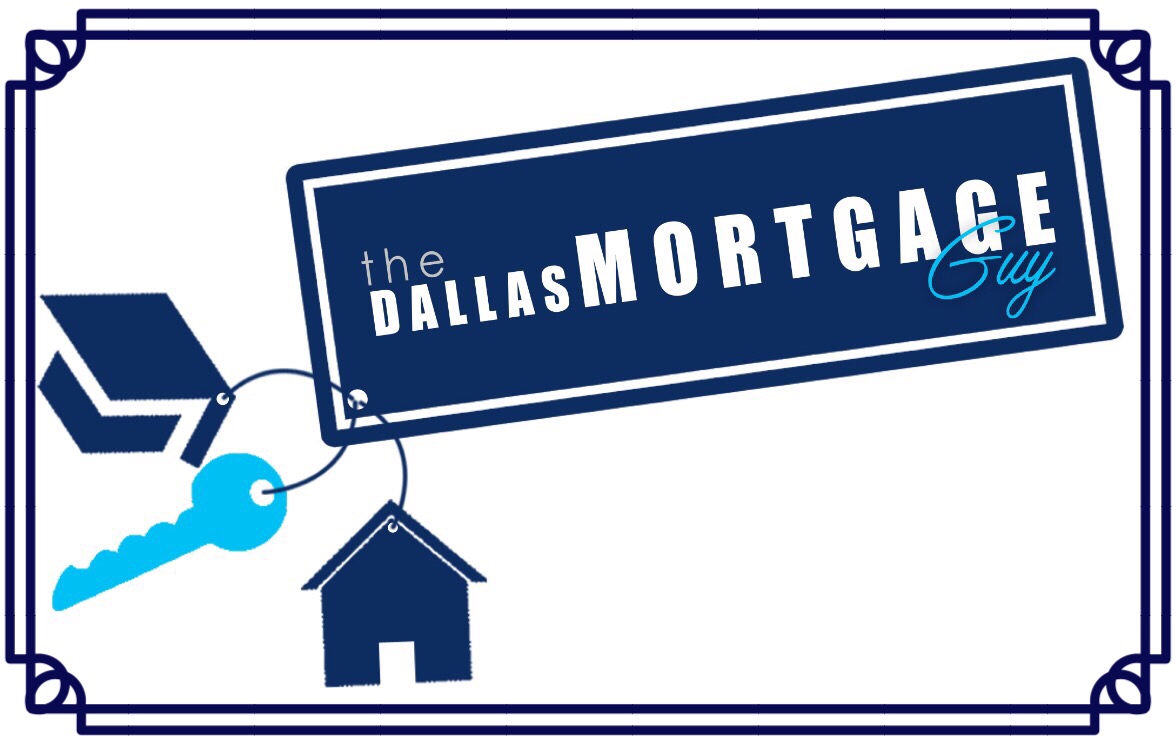1) Loan Types
The five major categories are:
- USDA: Eligibility for this loan is based on zip code and focuses on rural areas. If the Walk Score is over 40 the property probably isn’t eligible. This program allows for a 0% down payment. https://eligibility.sc.egov.usda.gov/eligibility/welcomeAction.do
- VA: This is one of the best loan programs around. It typically offers the lowest interest rate and allows for a 0% down payment. There is also no private mortgage insurance (PMI) required. To be eligible just join the military or marry a service member (simple enough).
- FHA: The benefit of this program is the low down payment, 3.5%. However, this loan comes with upfront mortgage insurance and the PMI stays with the loan throughout its entirety.
- Conventional- This is the program most people associated in the 20% down myth. The minimum down payment is 5%, however some programs allow for 3% down. PMI for this loan drops off once the Loan-to-Value (LTV) reaches 80%.
- Non-Conforming- Any loan amount (not the sales price) above $424,100. Reserve requirements change drastically once you break this threshold. The minimum down payment is usually 10%
2) Credit Requirements
These are all estimates and the requirements vary by lender. Also, having a certain score doesn’t guarantee you qualify.
VA-600, USDA-600, FHA-620, Conventional-620 7 Non-Conventional-680
3) What’s a Good Rate?
It depends on your specific scenario. Any rate you see advertised is typically at a 740 credit score and a 20% down payment. A lender should be able to accurately quote you a rate base on your purchase price, down payment and credit score. You of course have to know your credit score (hint: you can’t find it on the internet). Your credit score impacts your rate roughly every 40 points. When comparing rates make sure your lender always quotes you the APR; a lender can give you almost any interest rate you want, the APR is the “true” rate ( and legally they have to anyway).
4) How Long Does The Process Take?
The standard is 30 days. Process vary per lender but, typically, your loan officer has 5 days to collect the appropriate documents, then processor has 7 days to review the documents and submit them to underwriting. The underwriting then has 3 days to review and approve (or deny) the file. The closer then reviews the file and works with the title company to make sure the fees are accurate and there are no issues with the title. That’s 25 days. For a purchase the loan officer needs to send you your closing disclosures 3 days prior to closing.
5) How Much Money Do I Need?
In addition to the down payment (see loan type) there are also closing costs associated with the loan. A quick rule of thumb is, for every $100,000 the home cost there are $3,500 in closing cost. For instance a $200,000 loan would have about $7,000 in closing costs.
6) How Much Home Can I Afford?
To some extent that’s up to you. You can typically qualify for more than you can afford. Your back end debt to income ratio (DTI) can be as high as 45 (sometimes higher). However, the lender doesn’t factors in non- revolving expenditures (e.g. vacation money, sports tickets, phone bill, wardrobe purchases, ect.). If you’re unsure start, use your current rent or mortgage as a baseline and then work backwards.
7) Acronyms
APR, Annual Percentage Rate- this is the actual cost of the loan expressed as a percentage
DTI (back end), Debt to Income Ratio- It’s the PITI of the loan + any revolving debt (car payment, credit card child support, ect..) / Your monthly income before taxes
LTV, Loan to Value Ratio- The amount of the loan/ sales price (or appraisal if lower). For instance if you put 5% down on a home your LTV will be 95.
PMI, Private Mortgage Insurance- Insurance, attached to you loan when your down payment is less than 20%.
PITI, Principle + Interest + Taxes + Insurance- This is your monthly mortgage payment
This is by no means an all-inclusive list and I will expand on these items and others in subsequent blogs.
Thanks, Dave
@TheDallasMortgageGuy

